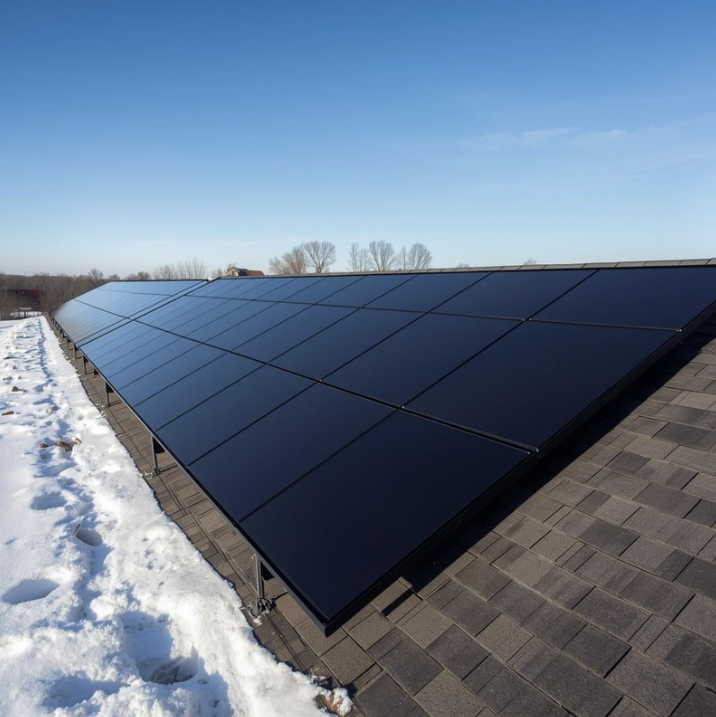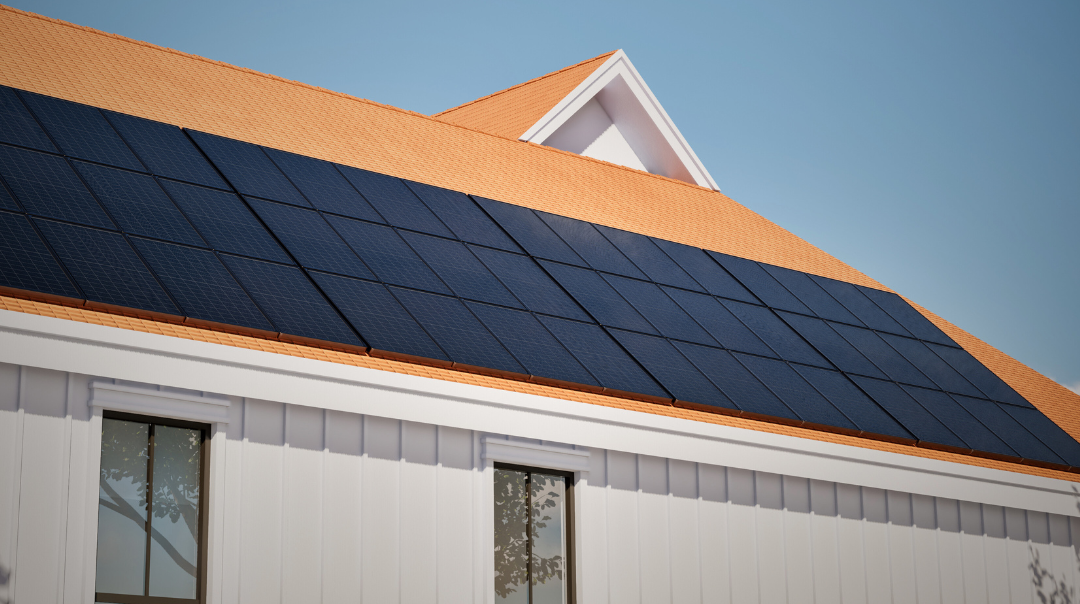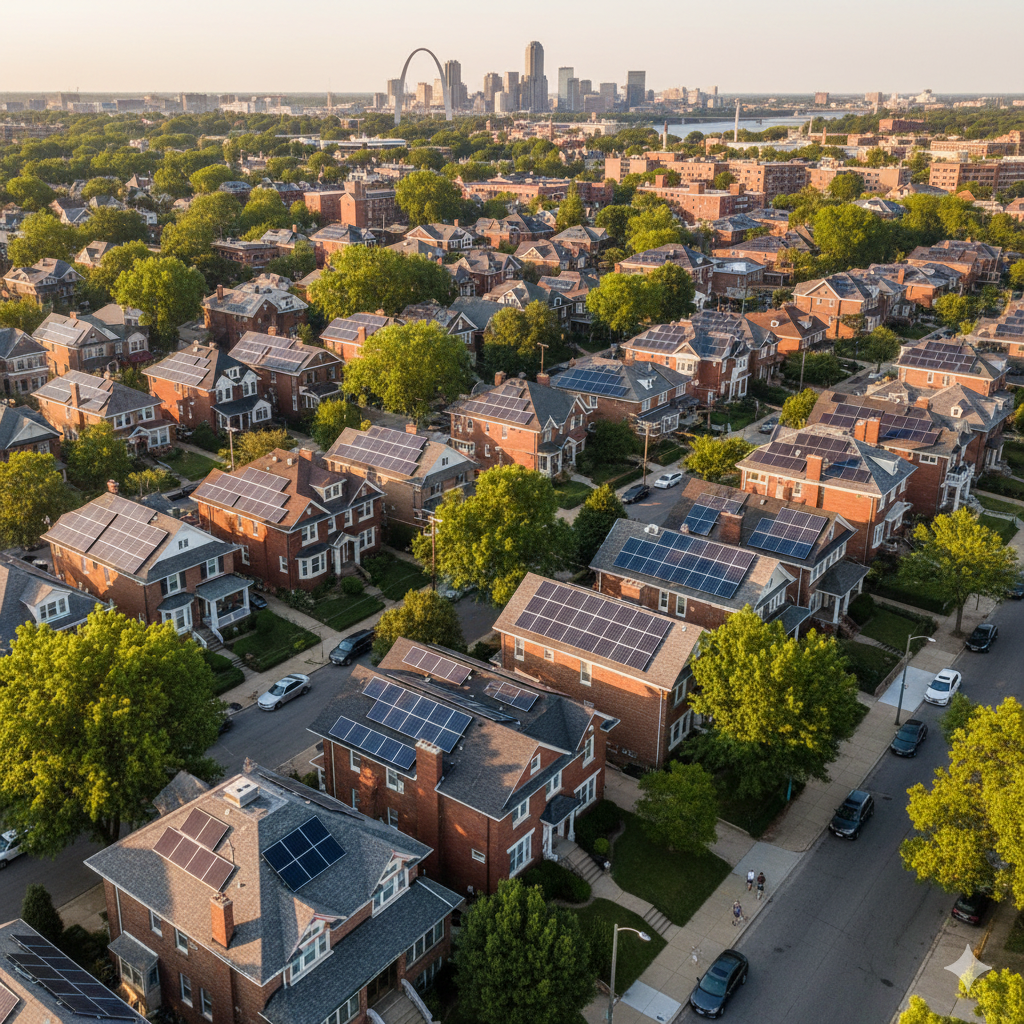Solar Battery Guide
What is a solar battery?
This is an appliance used to store electricity for later usage, so you can keep devices operational in case of an outage, utilize more of the solar energy you generate in your household, and even save on electricity bills in some instances. They are usually known as ‘deep cycle batteries’ because of their capability to discharge and charge a considerable amount of electrical energy than a car battery.
What to search for in a household solar battery: six measurements to take into account
Energy storage appliances offer various advantages, from providing emergency power to even monetary savings. Nevertheless, they also come with technical difficulties and a host of unfamiliar jargon. Here’s are some of the areas to concentrate on and be on the watch for in a deep cycle solar battery:
How to determine which battery specifications matter to you
There are various prospective decision benchmarks and comparisons to make when assessing your energy storage alternatives. Here are some of the most standard decision criteria, together with which battery specifications make a difference if these conditions correspond with your circumstance.
If you want more of your household powered simultaneously, go for a solar battery that has a high-power score.
If you are looking to run a more energy-intensive device (such as a sump pump), go for a battery that has a high instantaneous power score.
If you are looking to power your household with your battery for an extended duration of time, go for a solar battery that has an elevated usable capacity.
If you are looking to harness every kilowatt-hour of electricity that is in your solar battery, go for batteries that have a greater roundtrip efficiency.
If you have limited space and are looking to maximize storage out of the constricted amount of space you’ve got, go for nickel manganese cobalt lithium-ion batteries.
If you are looking for a battery with a prolonged lifespan that you’ll be able to cycle the most times, go for lithium iron phosphate (LFP) batteries.
If you are in the market for a battery with the greatest safety rating (they are all safe to use, don’t worry), go for LFP batteries
Power rating
The power rating score of a solar battery represents the kilowatts (kW) of electrical energy that the battery can generate at a go. To put it differently, the power rating score of a battery informs you the number of devices your battery can run simultaneously and which devices those are.
Power is denoted either in Amps or in kilowatts (thousands of Watts), and various electrical devices use different power levels. For example, a standard fluorescent bulb will utilize 12 Watts (or 0.012 kW) of electrical power units, while a 3-ton AC unit will use 20 Amps, which equates to 4.8 kW. The majority of batteries these days have a constant power output of about 5 kW.
Most importantly, solar batteries usually come with two varying power ratings – an instantaneous power score and a continuous power score – which means that power can be generated in short bursts. This is essential if you’ve got a device, such as a sump pump that needs a considerable amount of energy to switch on but then operates at a decreased power.
Battery size/usable storage capacity
The size or capacity of a battery is basically the measure of electricity that a battery is capable of storing and supplying to your household. Whereas power is denoted in kW, battery capacity is denoted in kilowatt-hours (kWh)–power multiplied by time. The storage capacity of a battery lets you know the duration your battery can run sections of your household. Make a point of checking the battery’s usable capacity since that figure shows the measure of stored electricity that is accessible in the battery.
Given how electricity usage denotes power x time, using large amounts of power will make stored electricity run out faster. On the other hand, if your battery is used to backup a couple of appliances with relatively low power usage, you can keep them operational for an extended duration of time. So, this means that the battery’s size is a bit misleading as the duration of time the charge of the battery will last is influenced by the amount of electrical current that the battery is emitting.
Look back at the example shown above between the difference of an AC unit and a light bulb. If you’ve got a 5, 10 kWh battery, you’ll be able to power your AC unit for only two hours (4.8 kW * 2 hours = 9.6 kWh). But that identical battery will be capable of running 20 lightbulbs for two days 636-757-3083 kW * 20 lightbulbs * 42 hours = 10 kWh).
How many solar batteries do you require to run your household?
The number of solar batteries you require can contrast and will be contingent on the purpose of your energy storage system and the specs of your home devices. There are numerous questions you’ll have to ask yourself: the duration you’re looking to remain battery-powered, what sort of production your panels receive, what electrical devices are a must to keep on, and the list continues.
Although we can’t say for sure the number of batteries you’ll require, we’ve stipulated the stages you can take to begin doing the calculations in our guide about the sections of your home you can keep running on batteries. You can also have a look at our article guide on going off-grid with batteries and solar, where we outline some math examples on how many batteries you need to keep your household completely battery and solar-powered.
Roundtrip efficiency
This refers to a system-level metric that gauges the functionality of energy storage system (inverter + battery) changes and stores electricity. There are losses affiliated with any electrical action. You’ll lose some amount of electricity when inverting it from DC electricity to AC electricity or when inputting electricity into a battery and using it again. The roundtrip efficiency of a solar battery enables you to know the number of electrical units you’ll harness out of a single battery for each electrical unit you input.
Battery lifetime: throughput and cycles
Battery lifespans are determined using three metrics: expected operational years, expected cycles, and expected throughput. The expected throughput and cycles of a battery are similar to that of a vehicle’s mileage warranty. Throughput allows you to assess the amount of electricity you can transmit through your battery over the course of its lifespan. Cycles determine the number of times you can discharge and charge a battery.
To change the warranted or expected throughput of a battery into an expected shelf life, divide the throughput (kWh)by the usable battery capacity to approximate the number of complete cycles you’ll receive from your battery, and divide that sum of complete cycles by the days found in 1yr: a throughput of 30,000 kWh using a 10 kWh battery translates to a cycle/per for 8.2 years or 3,000 expected cycles.
To change the warranted or expected number of cycles of a battery into an expected shelf life, divide the cycles by the number of days found in a year: a 2,000 cycle warranty will translate to a cycle/per for 5.5 years.
Safety
Every solar battery in the market is required to satisfy certain safety caveats in order to be approved for installation in businesses and homes. However, there are a few battery chemistries that have been evaluated for safety to varying levels, superseding even the government-set safety standards for batteries, which means that some battery chemistries are a bit safer when compared to others.
Chemistry
The chemistry of a battery denotes the main compound that is utilized for storing electricity in the battery. Chemistry is by far the most integral property to assess as it will ultimately play a hand in most of the battery properties listed. For example, various lithium-ion chemistries may be extra power dense – this means they store additional electricity in a small space –or are better at cycling– which means they run efficiently for more years. And those are but a few of the distinctions in lithium-ion chemistries, saying nothing of the contrast between lead-acid batteries, or vanadium flow batteries, or lithium-ion batteries, or other experimental battery chemistries. Similar to most appliances, various solar battery chemistries come at varying price points.
What is the best solar battery?
It’s difficult to pick one out. The best solar battery for your case will be contingent on various factors, from the amount of space in your house to the properties of your solar installation and even what you’ll be looking to gain from an energy storage unit. If you’ve got a big household with numerous appliances, you should consider acquiring a high-capacity battery that can generate electricity for a long period. If you’re budget-conscious and are more concerned about maximizing the solar energy system, going for a small battery with good battery integration may be better.










